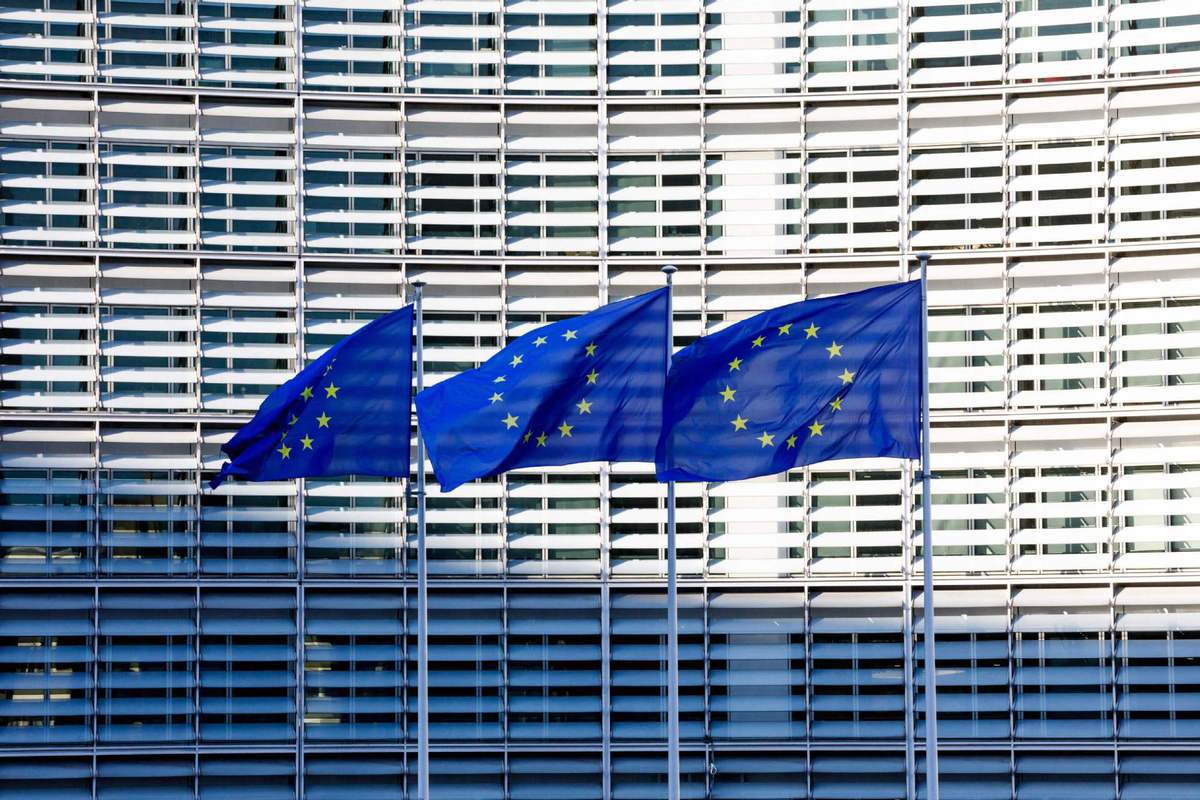Jul 19, 2025, 15:39

[Photo/Agencies]
Global Times-Recently, some in the EU have been making frequent accusations against China of using exports to offload its so-called "overcapacity," thereby flooding European and global markets. They insist that China's industrial strength stems from large-scale government subsidies which create unfair competition, and have declared their intention to launch more anti-subsidy investigations into foreign-invested companies. Some European media have echoed this narrative, claiming that China's engagement with Europe is solely aimed at making money off it, while some have fueled the notion that Europe is "losing out" in cooperation with China.
As China and the EU commemorate the 50th anniversary of the establishment of diplomatic relations, it's possible that these remarks are part of a strategy to raise bargaining chips early. At the same time, they raise a deeper question: are some using the so-called "losses" in trade with China as a pretext to justify protectionist policies that cannot be openly defended?
According to data, as of June 2025, the EU has launched more than 260 original trade remedy investigations against China. Since the EU's Foreign Subsidies Regulation came into effect in 2023, nearly all in-depth reviews and investigations by the European Commission have involved Chinese enterprises. The EU's assertion that these actions are not targeting China only highlights their awareness of the nature of these moves - they are precisely the kind of protectionism Europe itself opposes and suffers from.
When it comes to production capacity, by the EU's logic - judging solely by output, export volume and market share - many of Europe's own core industries are already "overcapacity." For instance, 80 percent of German-made cars are exported, and Airbus holds more than 50 percent of the Chinese market. However, China has never accused Europe of "dumping."
According to the International Energy Agency, global demand for new energy vehicles (NEVs) will reach 45 million units by 2030. Last year, China produced over 13 million NEVs - more than 70 percent of global output - but 90 percent were sold domestically, and only around 10 percent were exported, with a market share of just about 5 percent in Europe. Clearly, China's NEV production is nowhere near saturating European or global demand.
From the perspective of global green transition and long-term needs, China's new energy production capacity is not "over" but rather "insufficient" - and more importantly, it is "high-quality" capacity. China's green products actively support Europe's economic transformation and offer tangible benefits to consumers.
As for subsidies, China's industrial support policies adhere to principles of fairness, transparency, compliance and non-discrimination. They apply equally to both Chinese and foreign enterprises - including European firms operating in China - and conform to international norms. China's subsidies mainly target R&D and the consumer end, are not tied to exports, and do not fall under the prohibited subsidies defined by the WTO. By contrast, the EU is a true subsidy powerhouse. The WTO has repeatedly ruled that the EU's subsidies in areas like aviation and agriculture are illegal. For example, a 2018 ruling on EU subsidies to Airbus involved a record sum of $22 billion.
In recent years, the EU has continually expanded and upgraded its subsidy tools. Statistics show that between 2021 and 2030, the EU will allocate over 1.44 trillion euros in subsidies under various strategic plans. Crucially, the EU's subsidy policies include numerous discriminatory provisions - for example, explicitly advocating the preferential purchase of EU-made products, introducing exclusion clauses based on high "carbon footprints", and imposing high entry barriers for Chinese enterprises seeking to invest and do business in Europe. Such practices by the EU are a textbook example of double standards.
These accusations against China are less about Europe genuinely feeling that it has suffered losses than about the anxiety stemming from its own declining competitiveness. In September last year, former European Central Bank president and former Italian prime minister Mario Draghi, commissioned by the European Commission, led a report on the future of EU competitiveness, which clearly outlined the EU's concerns stemming from slowing economic growth. The report identified four main challenges facing EU competitiveness: innovation gap, market fragmentation, high energy costs and geopolitical risks.
None of these challenges originate from China. While China has built an efficient and complete industrial chain, fostered a fully competitive market, and pursued relentless innovation and quality upgrades, the EU has chosen to respond not with cooperation and mutual benefit, but by throwing up obstacles through tariffs, penalties and market access restrictions.
This is nothing short of "drinking poison to quench one's thirst" - it won't achieve the goal of "de-risking", but will instead drag Europe's economy deeper into difficulty.
China sincerely views the EU as a partner for mutual growth. Despite misunderstandings and missteps on the EU's part, China continues to extend goodwill and inject constructive energy into advancing bilateral relations. But progress also depends on Europe moving in the same direction. Excessive anxiety will not solve competitiveness issues. Only an open mindset and equal dialogue can help find the right partners and a real way out of today's economic challenges.
In my opinion, that German Emperor residing in Brussel would be without Pants by now without them Bottomless leaders within the EU's mindlessness..
However, even mindless Stupidly isn't pardoned by Uncle Sam's Jewish inheritance.
GERMANY must fall forever, the writing is on the WALL for everyone to observe and 'kneel' in time to be excluded...
Community login







Add a comment